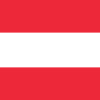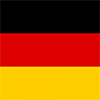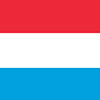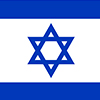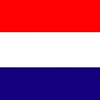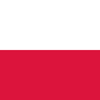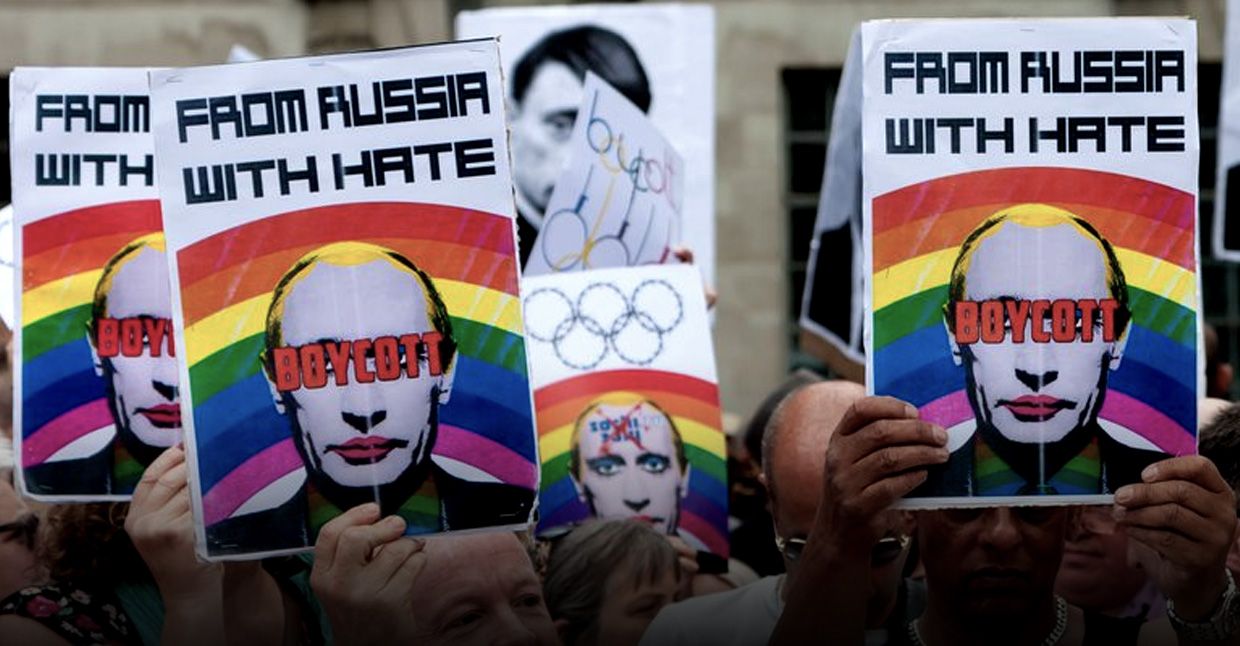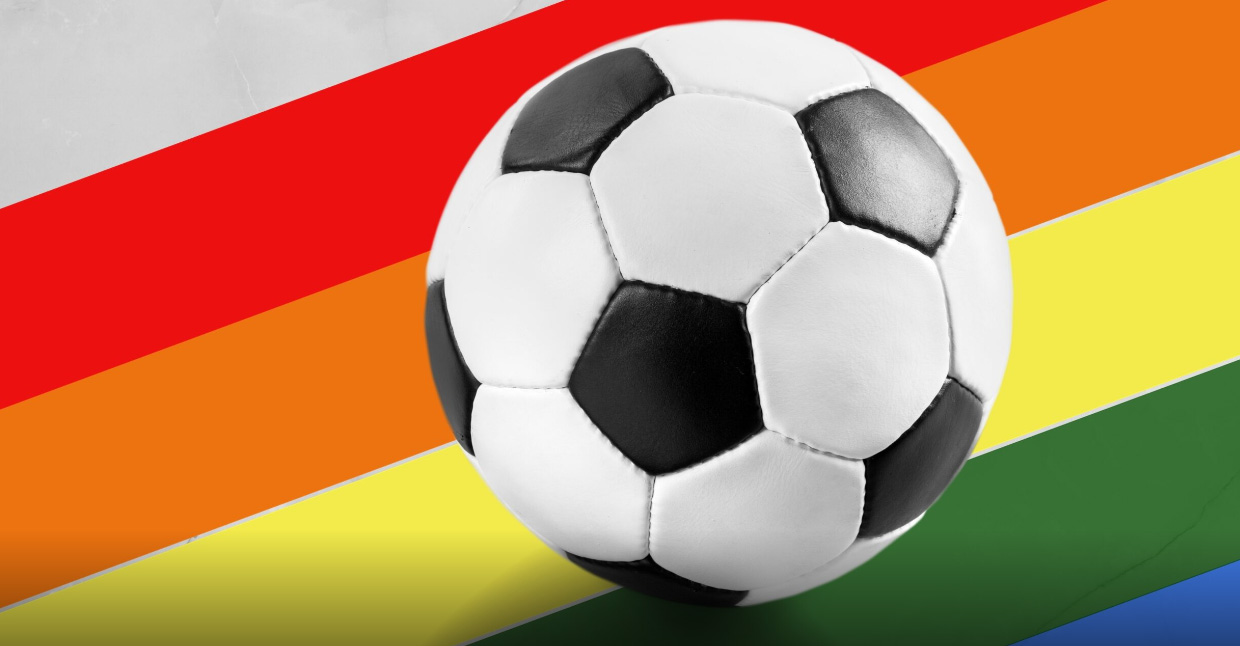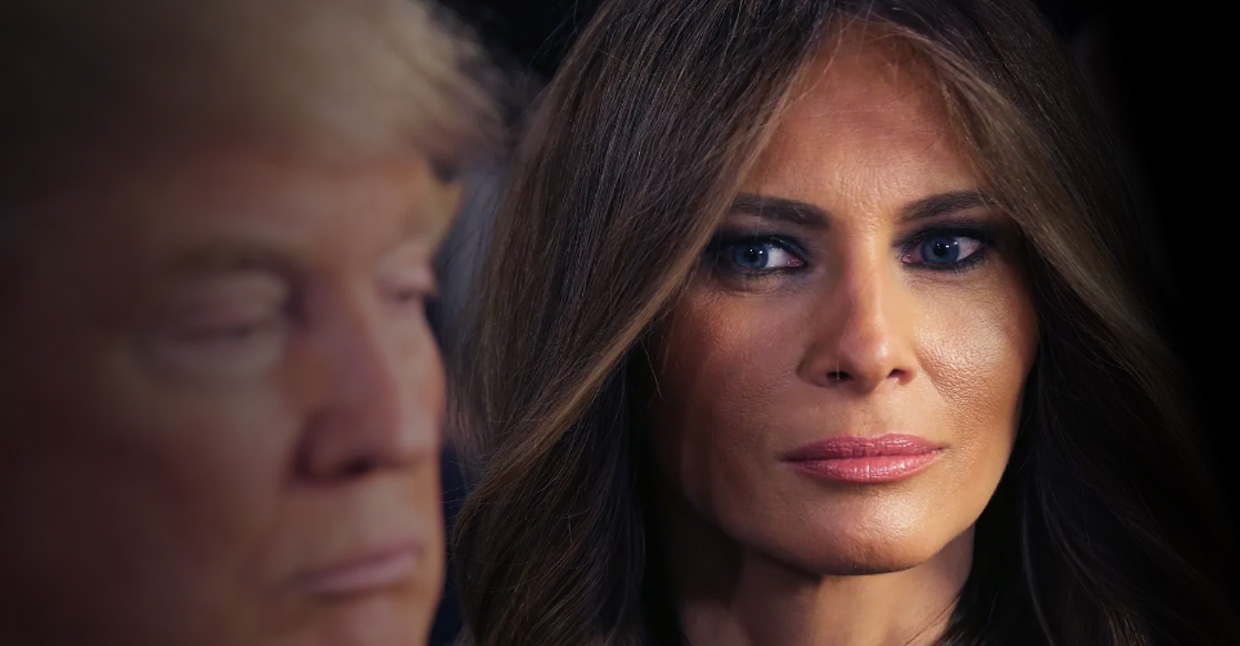Journalists were not allowed to be present during the hearing of the case, reports Reuters news agency. Media were only allowed into the courtroom to hear the verdict.
The Supreme Court's ruling seemed inevitable, as the Ministry of Justice requested approval for the ban two weeks ago. With this, Russia takes another step to limit the visibility of LGBT+ people in the country. For example, the country already has a law that prohibits “LGBT+ propaganda”. This previously only applied to minors, but was extended to everyone in Russia a year ago. Films, books and advertisements featuring LGBT+ characters are therefore no longer allowed to be shown in the country. Gender transition has also been made punishable this year. According to Russian President Vladimir Putin, “LGBT+ ideology is imported from the West” and has no place in Russian society.
A gay St. Petersburg city councillor, Sergei Troshin, tells the BBC that the ban will have disastrous effects on the LGBT+ community. "I think this will mean that anyone whom the state considers an LGBT activist could receive a long prison sentence for 'participating in an extremist organisation'." According to Troshin, there is a lot of panic in the Russian LGBT+ community and people are fleeing the country in haste. Russian LGBT+ organisations write that LGBT+ people are massively deleting their posts on social media and dating apps.
The future is therefore presented bleakly by Russian LGBT+ organisations: “People with homophobic views now feel at ease. And the prospects are bleak: people are returning from war, and that is also a threat to LGBT+ people,” says the coordinator of a Russian LGBT+ organisation.
Independent Russian media, which often operate from abroad, have adapted their logo with rainbow colours as a statement of support for the Russian LGBT+ community. This also includes the independent TV Rain, which currently operates from the Netherlands. They say: “We will continue to defend the rights of those who are wrongfully persecuted.”
